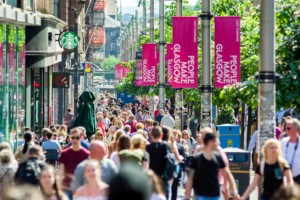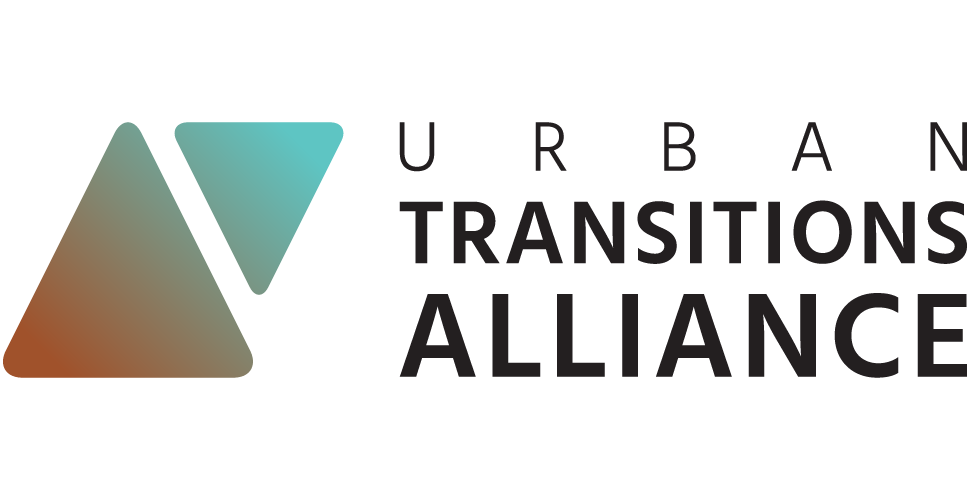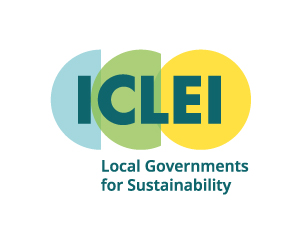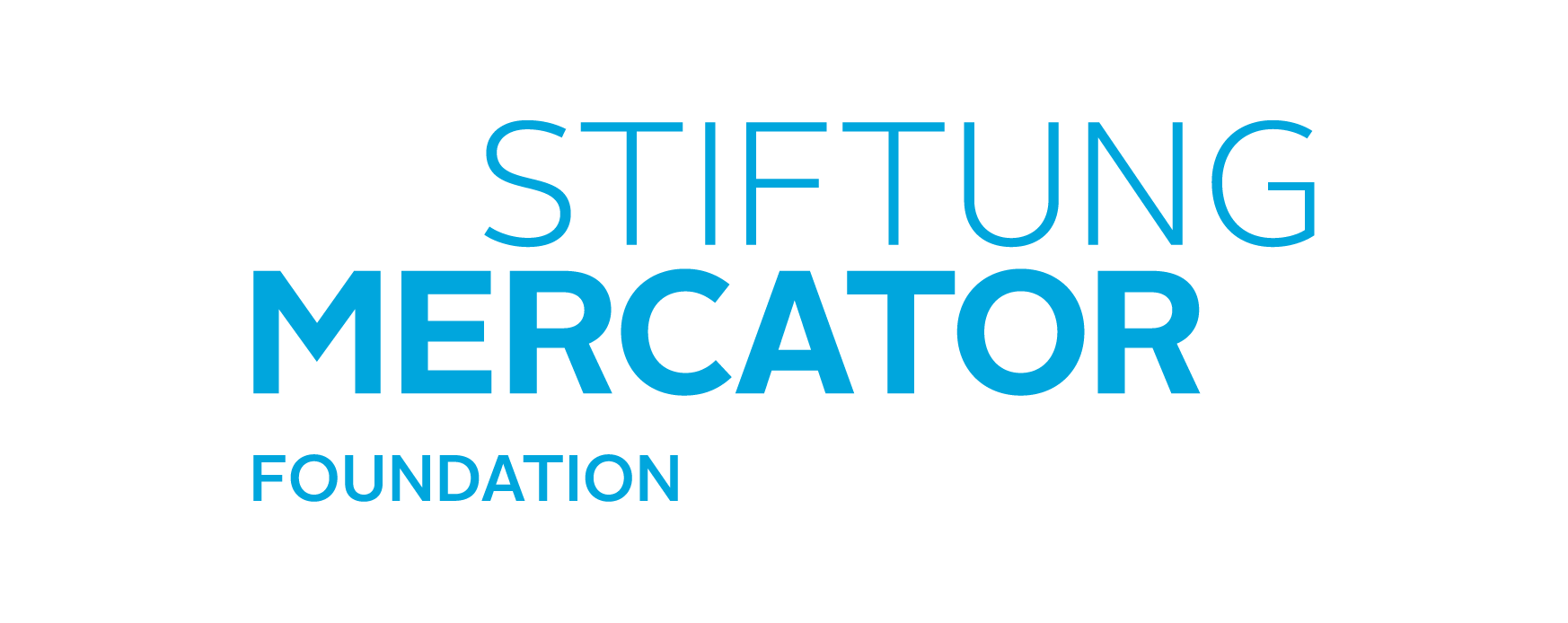Glasgow, UK
Glasgow
UK
Industrial Legacy
Glasgow was one of the foremost cities of the global industrial revolution. The engineer James Watt conceived of the separate condenser to the steam engine whilst walking on Glasgow Green in 1765 and this one invention powered a transformation of the city and the planet. Its population grew rapidly and when it entered the Twentieth Century Glasgow was the fourth most populous city in Europe. At that point, Glasgow launched one-fifth of all the world’s commercial ships from its yards and manufactured a quarter of all the world’s locomotives. They set Glasgow apart from most other cities of the industrial age. It also housed Europe’s largest chemical works and a range of other factories, which have left a legacy of contaminated land as well as vacant and derelict sites to this day.
The twin shocks of the loss of both industry and population in the post-war period and especially in the 1980s and 1990s hit Glasgow hard. In many ways, Glasgow has struggled with the loss of both jobs and identity that has gone with that, particularly in relation to traditionally male working-class occupations. Glasgow has experienced some of the worst health inequalities in Western Europe and the loss of heavy industry is particularly associated with the so-called ‘diseases of despair’ (addictions, poor mental health, and violence). Whilst Glasgow has been relatively successful in creating new jobs and attracting inward investment over the past few decades, it is acknowledged that these have not always benefited local residents from the most deprived neighborhoods.
Several projects have therefore been aimed at supporting Glaswegians to gain access to labor market opportunities and to acquire the right skills and aptitudes for them. In 2002 tenants voted to transfer all 81,000 homes from the Council to a new social landlord, which resulted in the huge debt on the housing being lifted from the city and new investment in repairing the existing stock and building new homes across the city.
The challenges of climate change were recognized in Glasgow’s Resilience Strategy, the first of its kind in the UK, and continue to be one of the city’s most significant areas of work through its Sustainable Glasgow partnership. A legacy of vacant and derelict land is one which the city shares with many other post-industrial cities across the world, but in other areas – such as the quality of the water in the previously polluted River Clyde – great improvements have been made.
Transition Barriers
Glasgow has high rates of economic inactivity, linked especially to poor health, and it is acknowledged that its future economic wellbeing depends on addressing its health challenges.
Challenges remain in supporting fair education and business start-ups; attracting high skills sectors whilst ensuring that lower-skilled workers can get stable and decently paid jobs.
Glasgow has the highest proportion of vacant and derelict land of any local authority in Scotland, and much of it is contaminated by previous industrial use. This presents significant environmental challenges.
Sustainable Future
Whilst Glasgow no longer has huge chemical factories, it has become a major location for the life sciences through work with the NHS, universities, and pharmaceutical companies. The City Council is supporting this with the development of Innovation Districts across Glasgow, which draws together such key assets promote an integrated approach to research, development, and commercialization. The Sighthill transformational regeneration area in Glasgow is one of Europe’s largest inner-city regeneration projects. It involves the provision of new social and owner-occupied housing in a location with major environmental challenges. It was previously the location for a large chemicals factory and has therefore needed significant land remediation from chemical contamination; it has had long-standing flooding issues, which are being resolved by the innovative use of a nearby canal to manage water levels; and it has been cut-off from the city center by an eight-lane highway, which is being overcome by the construction of a green bridge for pedestrians and cyclists.

Clyde Gateway is a national priority urban regeneration project in the East End of Glasgow. It is working with the legacy of post-industrial land and communities in an area of the city with significant inequalities in health, educational and employment outcomes. Clyde Gateway has become an exemplar for place-based and people-focused regeneration and is currently investing in low carbon heating systems for the area, including major work on the geothermal potential of capturing the heat from sub-surface water left over from previous mine workings. The Council is a key partner in Clyde Gateway’s work.
Gal Gael is a community-based social enterprise which works with people from deprived backgrounds to craft wood and build sea-going boats through re-learning traditional skills. It has a strong resonance with Glasgow’s shipbuilding past and uses manual work to give people confidence, skills and a sense of meaning and purpose in life.
Glasgow is working with the Scottish Government and key partners from the NGO sector, such as the Royal Society of Arts, to plan for a universal basic income pilot in the city. Interim work has been undertaken with other local authorities in Scotland and a review of experience from other countries is informing the model which will be used. UBI is seen as a potential response to the challenges of further automation and robotics on the economy and its impacts on a range of both blue and white collar occupations. Interest in it has also become even more significant in the light of the challenges posed by Covid-19 for many customer-facing areas of the economy. The City aspires to be a global exemplar for sustainable and inclusive urban life, with equality and social justice at the heart of its transformation.
Dr Duncan Booker, City of Glasgow


